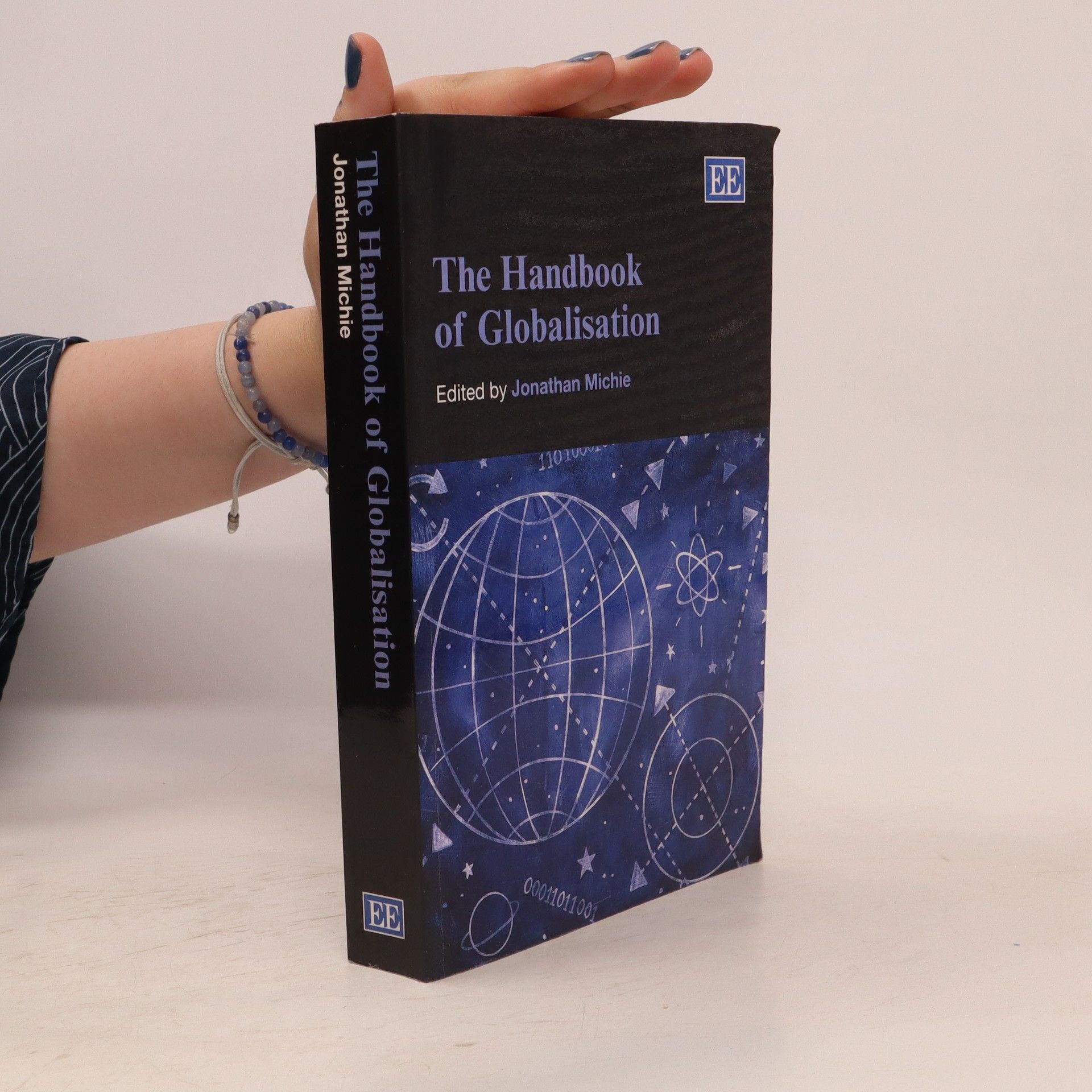Rembrandt
- 48 páginas
- 2 horas de lectura
Rembrandt van Rijn (1606-69) transcends any period or social he is one of the world’s great masters and though his works reflect the confidence of newly independent Holland, his vision extends far beyond these narrow confines. A deeply perceptive artist (his many self-portraits show his continued interest in the study of human nature), he sought to go beyond superficialities, to endow his biblical paintings, historical narratives, genre scenes and portraits with psychological depths hitherto unknown in Dutch painting. Impatient with conventionally stiffly posed group portraits, he produced such masterpieces as The Night Watch , The Anatomy Lesson of Dr Tulp and the Staal Meesters , while his studies of Saskia, his wife, and his mistress Hendrickje Stoffels reveal his deeply sensuous, compassionate nature.Michael Kitson has revised his highly successful book in the light of the most recent scholarship on Rembrandt, making this the ideal survey of the career of a much-loved genius.

